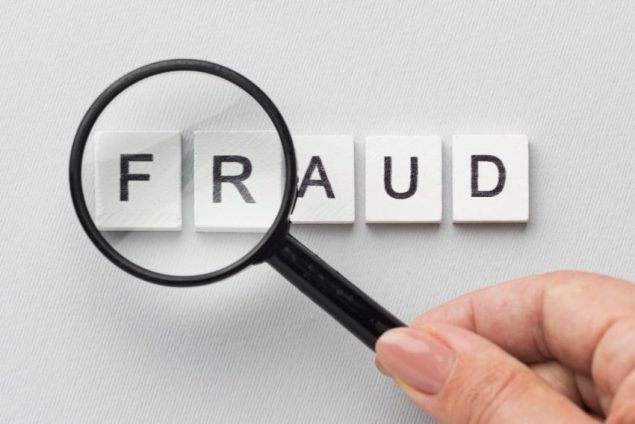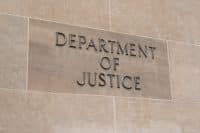Home » Business News • Crime and Fraud • News Stories » The Krays’ “business manager” Leslie Payne led their scams but then testified against them
The Krays’ “business manager” Leslie Payne led their scams but then testified against them
https://www.whatjobs.com/news/business-news/what-fraud-the-krays-business-manager-leslie-payne-2

By Kris Paterson in Business News, posted July 19, 2023

Leslie Payne was born in Paddington, London, in 1924.
He served in the army in World War I, seeing action in Italy and rising to the rank of sergeant (he would later falsely claim to have been a major).
After being discharged in 1947, he became a vacuum cleaner and radio salesman before running a car dealership in Stratford.
In 1959 a dispute over a hire-purchase agreement brought him into contact with the notorious London gangsters Ronnie and Reggie Kray, who were impressed by his business acumen and appointed him their business manager.
READ MORE: WHAT FRAUD? MALAYSIA’S PM LOOTED NATIONAL WEALTH FUND
What was the scam?
Payne helped the Krays branch out from protection rackets, low-level thuggery, and taking a cut of the earnings of other crooks into "long firm" frauds.
They involved using a respectable lead and false references to sell goods bought from the manufacturer or wholesaler on credit.
Having established a reputation for paying its bills on time, the company would then buy as many interests as possible, then sell them at a discount for cash before disappearing, leaving behind unpaid bills.
What happened next?
The slow pace of fraud investigation meant that by the time the police started to get involved, the trail had gone cold, and the Krays' reputation meant that those engaged in fronting the long firms stayed quiet.
However, the Krays' taste for violence and celebrity, as well as Payne's reluctance to get directly involved in smuggling stolen bonds for the American mafia, led Payne to drift away.
After the Krays attempted to get a gang member to kill him, Payne co-operated with the police and testified at the Krays' 1969 trial.
Payne was himself later jailed after he published a book about his friends.
Lessons for investors
The "long firm" frauds were lucrative: Charlie Kray estimated that a typical copy would make £20,000 (£436,000 in today's money), for a total of £100,000 (£2.1m) of profit in 1962 alone.
Detailed credit checks and fraud investigations have made "long firms" much less of a threat than they used to be, but it remains a good idea for a firm to do proper due diligence before allowing a customer to buy goods on credit.
Leslie Payne died at the age of 66 in 1990.













